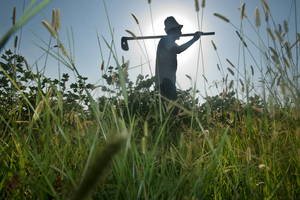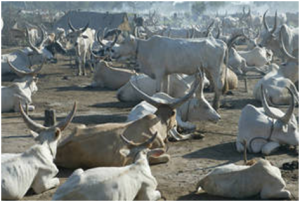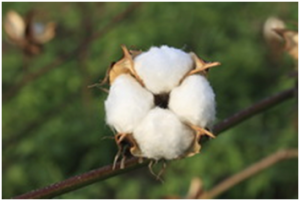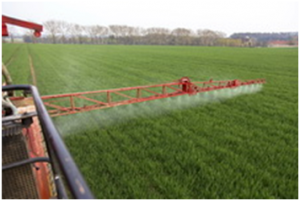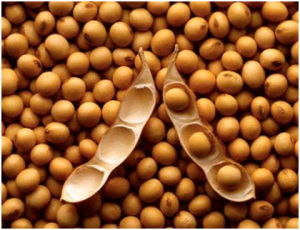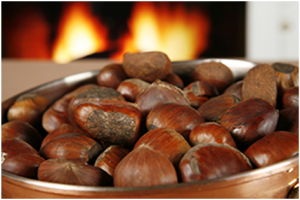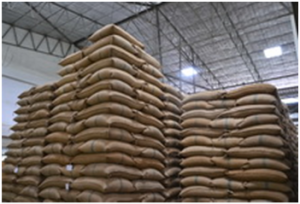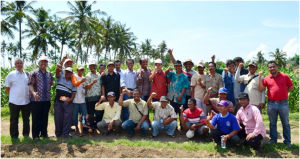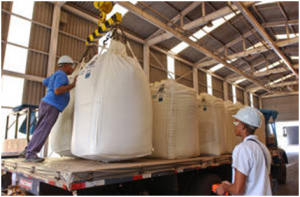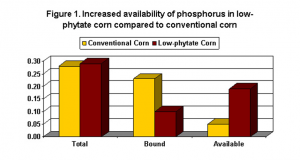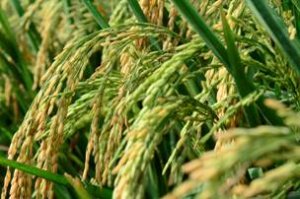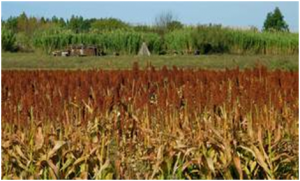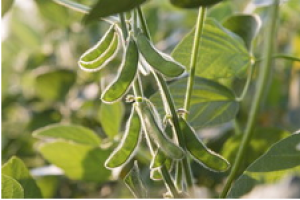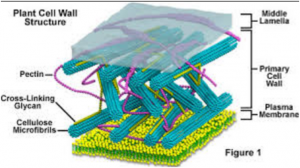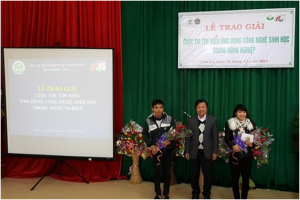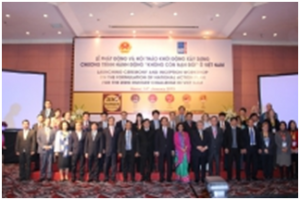|
Transcriptional Activation via CRISPR-dCas9 Mimics Overexpression Phenotypes in Arabidopsis
Wednesday, 2017/08/09 | 08:05:57
|
|
The CRISPR-Cas9 system allows effective gene modification through RNA-guided DNA targeting. Researchers have significantly altered Cas9, resulting in partially or completely deactivated Cas9. The deactivated Cas9 (dCas9) offers a platform to regulate transcriptional expression with the addition of an activator or repressor.
The team of Jong-Jin Park of the Oak Ridge National Laboratory redesigned a CRISPR-Cas9 activation system by adding several activators (p65 transactivating subunit of NF-kappa B and heat-shock factor 1, or HSF activator) to the dCas9 for application in plants. The redesigned CRISPR-Cas9 activation system was tested in Arabidopsis to increase endogenous transcriptional levels of production of anthocyanin pigment 1 (PAP1) and Arabidopsis thaliana vacuolar H+-pyrophosphatase (AVP1).
The expression of PAP1 was increased significantly and the activated plants exhibited purple leaves similar to that of PAP1 overexpressing lines. The AVP1 gene expression was also significantly increased in the CRISPR-edited plants. Compared to wild types, the AVP1 activated plants had increased leaf numbers, larger single-leaf areas and improved tolerance to drought stress, similar phenotypes to AVP1 overexpressors.
Therefore, the redesigned CRISPR-Cas9 activation system containing modified p65-HSF provides a simple approach for producing activated plants by upregulating endogenous transcription levels.
For more information on the study, read the article in PLOS One. |
|
|
|
[ Other News ]___________________________________________________
|


 Curently online :
Curently online :
 Total visitors :
Total visitors :

